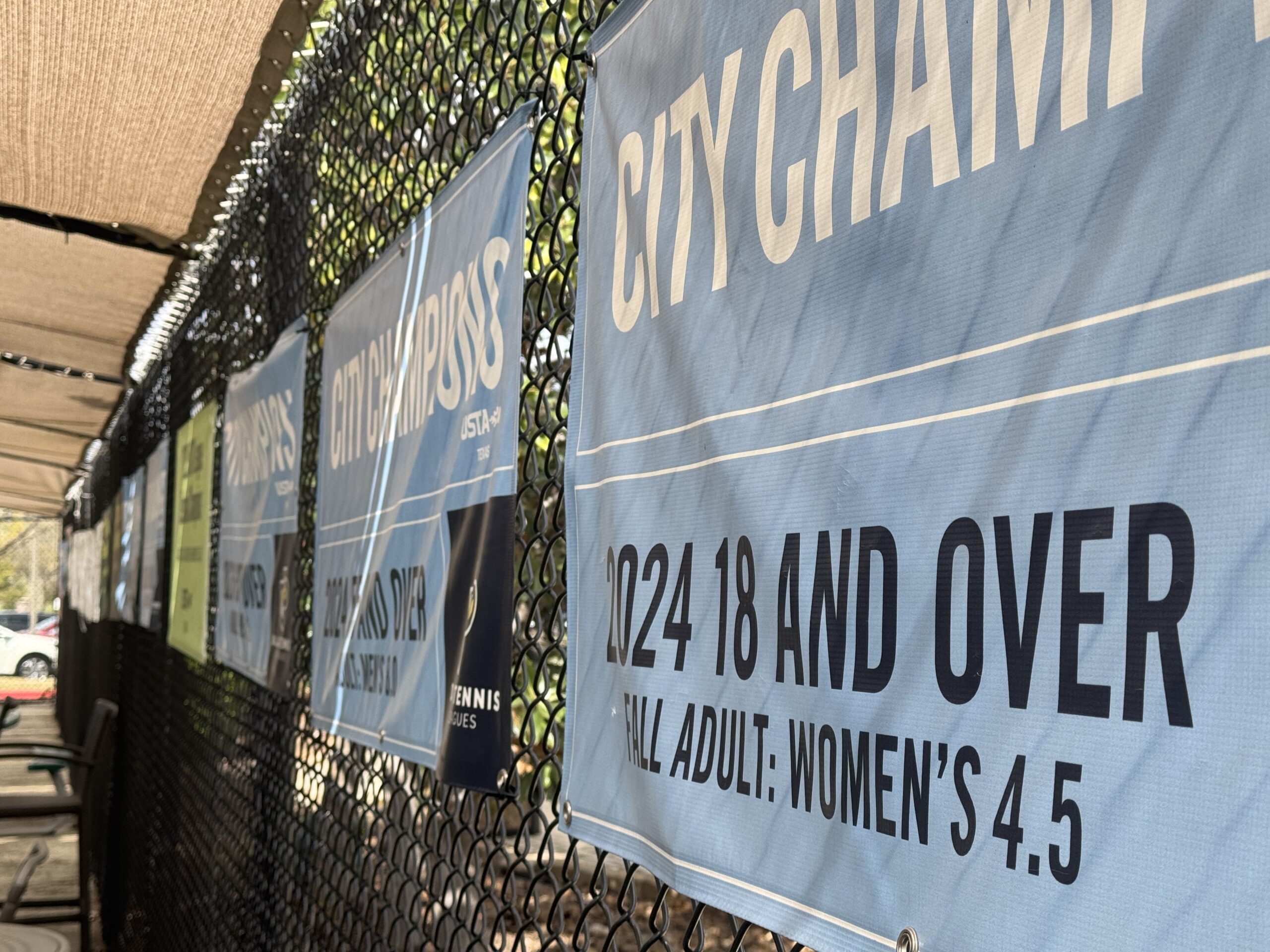Following the “Battle of the Sexes” in 1973, the debate over gender pay equity in women’s tennis hit a boiling point. A New York Times article in 1976, “Women’s Demands for Equality in Money Are Threatening $11 Million Tennis Tour” is a time capsule of the debate at the time.
That article leads by observing that Jimmy Connors defeat of Bjorn Borg in the US Open Finals that year had lasted 3 hours and 10 minutes while Chris Evert had prevailed in her finals over Evonne Goolagong in only 52 minutes. The author then goes on to outline current arguments by WTA and AP executives for and against gender prize money equity.
The stats provided on the match run time were not commented on any further in the article, but the implications of not only including but leading with that detail is clear. This springboards into another specious form of logic that offends my engineering brain. Essentially the disparity in prize money is linked to the discrepancy in match length, but the match length is a function of the format imposed by the organizers. It is circular logic.
In 1984 the WTA Tour Finals switched the scoring format to best-of five and stuck with that system until 1999. The first five set match that occurred at that event was in 1990 between Monica Seles and Gabriela Sabatini. Seles defeated Sabatini 6–4, 5–7, 3–6, 6–4, 6–2 in a match that lasted 3 hours and 47 minutes. There is an 18 minute highlight reel of the match embedded below that captures the quality of play throughout the match.
Arguments against the format for women at the time that did not involve match length, reflected concerns over conditioning and increased chances of injury. Curiously enough, those are the same points that are now surfacing on whether the men’s tour should continue to play best-of-five or also switch to best-of-three.
Tomorrow I will talk about that one time a major actually offered to play best-of-five for the women, and the WTA player who was instrumental in shutting that down. Like everything else on this topic, it’s complicated.
- Women’s Demands for Equality in Money Are Threatening $11 Million Tennis Tour, Neil Amdur, New York Times, September 14, 1976, viewed March 3, 2020.
- The Long and Short of It: Debating Best-of-Three Sets vs Best-of-Five, Steve Tignor, tennis.com, June 26, 2019, page viewed 3/2/2020
- Why Women Don’t Play Best-Of-Five Matches at Grand Slams, Lindsay Gibbs, May 27, 2016, page viewed 3/2/2020



